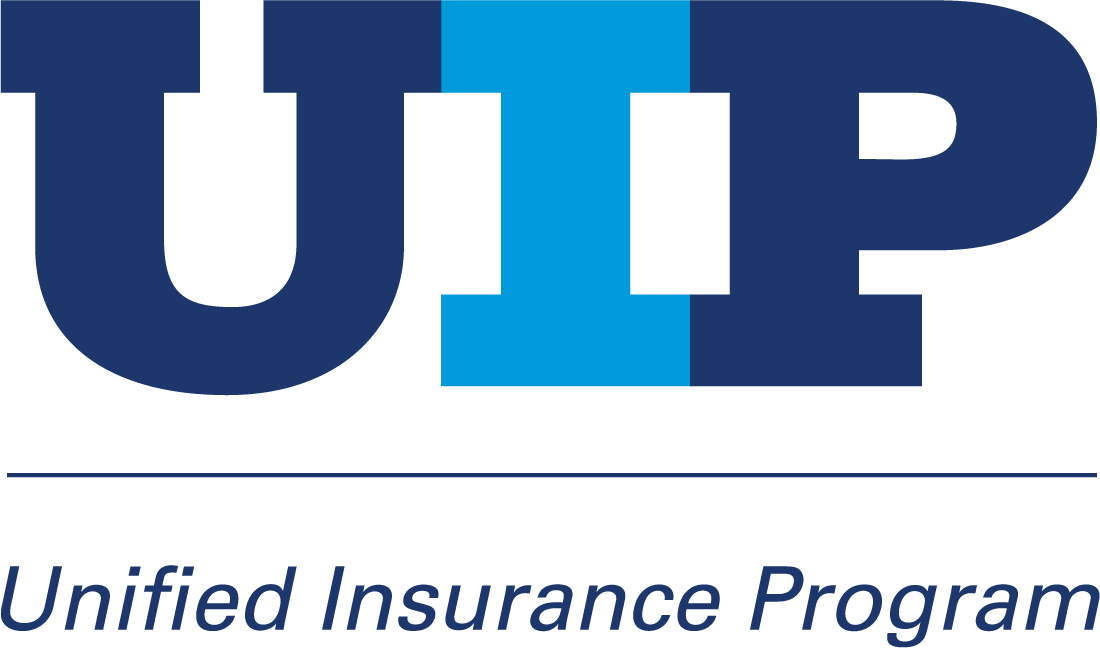stages of life -
Getting Closer to Retirement
You worked hard and now you are getting closer to retirement. Transitioning from being employed to being retired can be challenging, especially when we don’t know how access to care may change when we retire.
What happens to my medical insurance? Can I stay on the PUD’s plan? What are the costs?
If have heard that medical premiums after retirement are high. What can I do now to prepare for paying higher medical premiums when I retire?
Will my PERS pension be enough? How can I save extra money when I’m close to retirement?
What happens to life insurance I have through the PUD? Can I take coverage with me? How much is it going to cost?
Are there other benefits I don’t know about?
HEALTH CARE coverage
COBRA
You and your covered dependents have the option to continue medical, dental, and vision coverage for up to 18 months (longer under certain circumstances) after retirement through COBRA. Your health insurance under COBRA is the same as for our active employees, however, you will be paying the full cost of coverage plus 2% administrative fees.
COBRA is a continuation of coverage, meaning that you may stay enrolled in the medical plan you are enrolled in when you retire. Even as a retiree, you can only switch medical plans during benefits open enrollment, effective January 1. Because the cost of the PPO plan and CDHP plan are very different, you want to evaluate your medical plan enrollment carefully the last open enrollment preceding your retirement.
Medicare
If you or your spouse are Medicare eligible, contact Health Advocate who can clarify all parts of Medicare, including supplemental plans.
retiree insurance
Unfortunately, we do not have separate medical insurance for retirees. Retiree healthcare coverage through PEBB is not available to you, unless your spouse is covered under PEBB and enrolls you as a dependent.
WA Marketplace
For medical coverage on Washington’s marketplace visit wahealthplanfinder.org.
saving for medical expenses
Your PUD pays into your HRA VEBA account to help you pay expenses not covered by insurance and to save for medical premiums when you retire. As you get closer to retirement, you may want to preserve your HRA VEBA dollars to cover retiree insurance premiums.
To-do’s
Check your investments as you get closer to retirement to make sure your dollars are invested correctly. Visit https://www.hraveba.org/ to review and make changes to your investments at any time.
Are you or your spouse Medicare eligible? If yes, your HRA VEBA dollars may be at risk. Learn more here. But there is a way to protect your dollars by choosing “limited HRA coverage.” Contact HRA VEBA at 1.888.659.8828 for more information.
saving with flexible spending account
Rather than using your HRA VEBA dollars while you are employed, consider enrolling in health care flexible spending. During open enrollment, you can elect to set aside pre-taxed money for expected out-of-pocket healthcare expenses by enrolling in Flexible Spending Accounts (FSA).
Plan carefully how much money you set aside as you will lose unspent dollars.
retirement savings
pers
You are enrolled in the Public Employee Retirement System (PERS) which provides you a guaranteed monthly retirement benefit. How much you receive when you retire depends on the plan you are enrolled in, how long you work, your age at retirement, and if you provide a loved one with a survivor benefit.
DRS has many tools available for you as you are nearing retirement, such as checklists, seminars, webinars, videos etc.
Crunch the Numbers: Visit https://www.drs.wa.gov/ to estimate your pension by selecting the “Benefit Estimator” in your online account. And while you are there, review your beneficiary information by clicking on “My Account.”
457 plan
In addition, you may want to consider maximizing your contributions to a 457 account. The annual maximum for 2023 is $30,000 if you are age 50 or over. In addition, there may be additional pre-retirement catch-up provisions to make up for years in which you did not contribute the maximum amount.
life insurance
Your PUD buys one time your annual earnings (base wages) in life insurance. You may also purchase additional life. You can port or convert both coverages, up to a total of $500,000.
Learn about the difference between porting vs. converting coverages here. Rates vary if you choose to port or convert coverage, coverage amount, and your age.
other benefits
legal services, financial services, document preparation and more
In addition to free counseling, your Employee Assistance Program (EAP) provider ACI can help you prepare for retirement. Learn more here.
Legal Services
Document Preparation
Real Estate
Estate Planning
Will Preparation
Financial Services
Referrals to CPAs, CFPs, and Credit Counselors
Lease/Purchase Issues
Financial Planning
Document Preparation
Will Preparation
Living Trusts
Personal Service Agreements
Leases
travel assistance:
You took your grandkids on a road trip and forgot your blood pressure medication at home. What do you do? Contact free travel assistance services to get you squared away. Learn more here.

